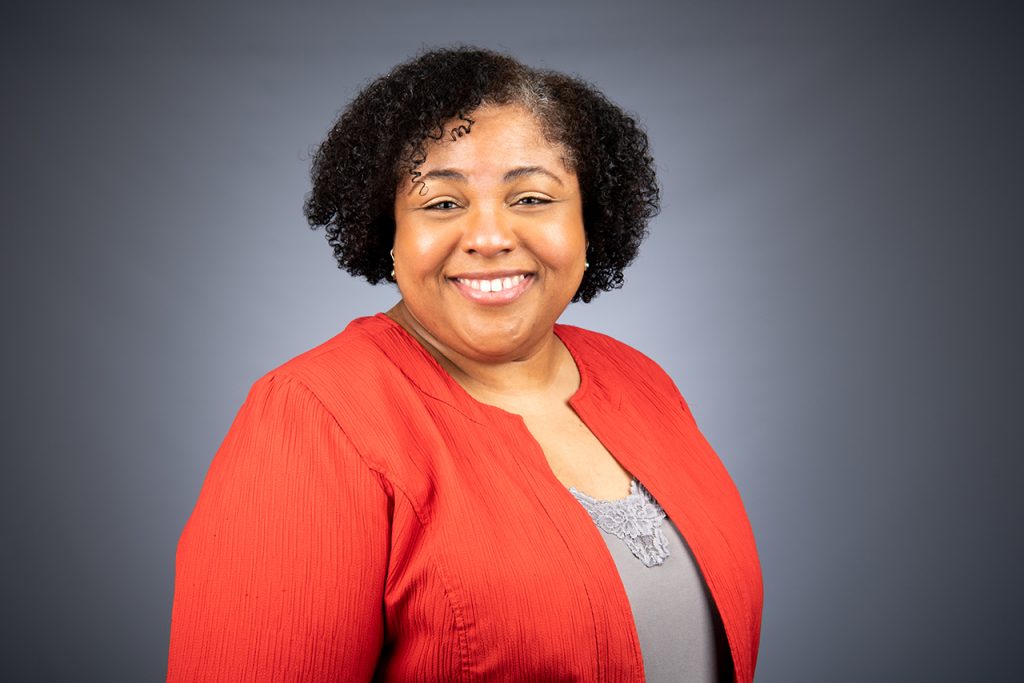Those seeking to train in restorative practices can sign up for workshops being offered through a partnership between Illinois State University’s College of Education, the Regional Office of Education #17, and Pathways to Restorative Leadership.
The sessions, led by Kevin Jones and members of the College, will be from 9 a.m.-4 p.m. June 27-29 at the Illinois State Alumni Center, 1101 N. Main St. in Normal. The sessions are open to the public, and registration is required. The fee for the sessions is $525 per person. Registration can be found here.
Sessions will include an overview of restorative practices and focus on building proactive and responsive listening circles.
“Restorative justice is all about repairing relationships,” said Diversity, Equity, and Inclusion Officer for the College of Education Dakesa Piña. “When there is an injury—either intentional or unintentional—restorative practices makes sure the person who has been harmed feels heard, and the person who has done harm is able to reflect, communicate an understanding, offer a sincere apology, and take action so that the harm does not happen again.”
An emerging social science, restorative practices work to build relationships, reduce tensions, and manage conflict through research-based processes.
“A common misconception about restorative practices is that there are no consequences for people who have done wrong to others,” said Professor of Teaching and Learning Robyn Seglem, who has been working with Jones for nearly a decade. “It’s more about coming to an understanding and identifying what the next steps are together.”
The series is a continuation of restorative listening circles Jones led for the College, and is now open to the University and overall community. “As our campus continues to seek ways to build an inclusive community through honest and constructive dialogue, ISU participants who complete the training series will be equipped to facilitate groups in the restorative practice model, thus building our campus capacity,” said Interim Assistant to the President for Diversity and Inclusion Doris Houston.
Seglem, Piña, and Dr. Maria Luisa Zamudio of the National Center for Urban Education, who spearheaded the effort with Jones, believe creating a systematic approach to ongoing restorative practices weaves trust into any culture. “Restorative practices promote conversations that help build a culture and climate of trust,” said Piña. “This is an opportunity for us to share the innovative work of the College of Education with the community.”
The need for learning and understanding restorative practices is vital in a world working through the pandemic, said Seglem. “I think we’re losing the human connection, and COVID exacerbated that,” she said. “So many people were isolated, and still feel isolated. This is a good time and a good way to remind each other of our humanity.”
Those with questions on the series can contact Seglem at rseglem@ilstu.edu.



